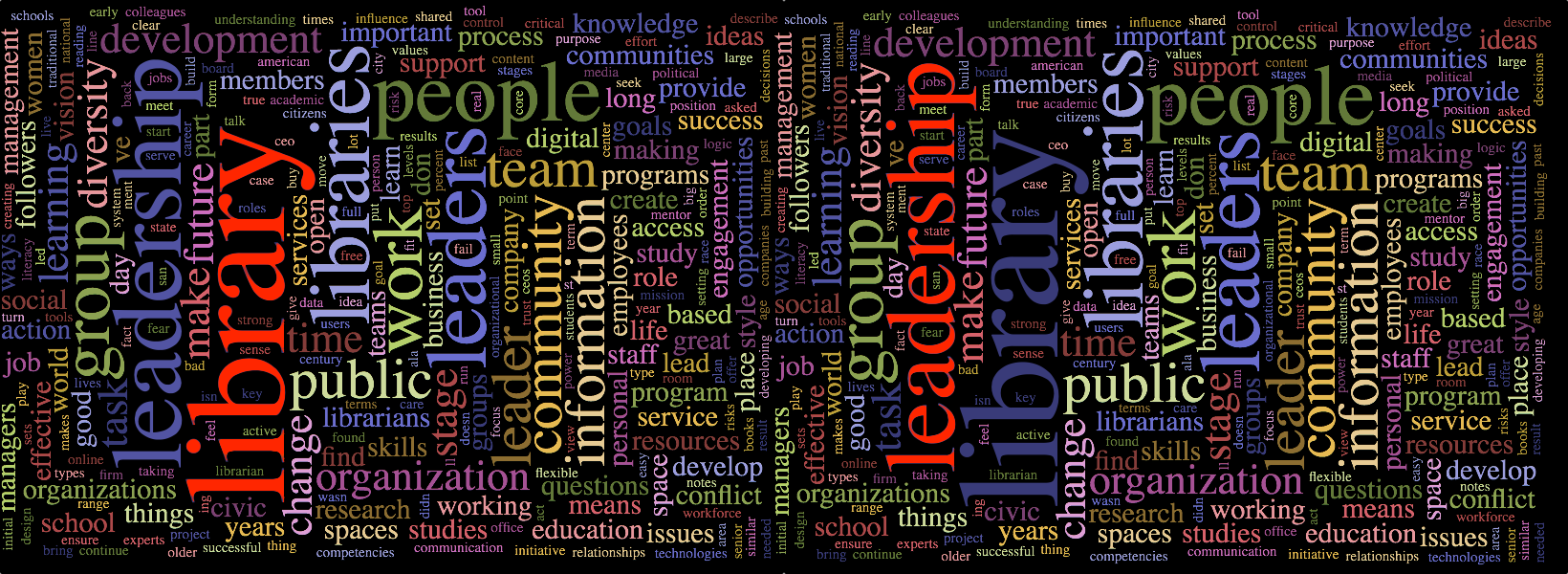You know how to identify old people? It’s simple: They are the ones with the answers.
Ask a question about the future of anything. The people who rattle off the answer because they “know.” Those are the the old people. It doesn’t matter if they are 15 years old or 95. If they think they know the answers, they are old. If they are willing to keep figuring it out, they’re young.
Old people may have lots of data to back up their point of view. But mostly they have confidence that there’s nothing new to add to the discussion.
How many teenagers do you know who think they have all the answers? I have two self-confident, intelligent teenage kids, and one thing they know for sure: They’re still figuring it out.
So am I.
So is Tavi Gavinson. I hate to say it, but Tavi, a sophomore in high school somewhere out there, who wears too much make up and is editor-in-chief of RookieMag.com (a web site targeted at teen girls like herself), has a pretty good handle on what it means to be young and innovative and “still figuring it out” than a room full of innovation experts in last year’s black mock turtlenecks or this year’s florid ties. In a recent TED talk, she laid it all out.
In my mind, “still figuring it out” means asking questions. Or, more to the point, being open to more than one answer. Completely different answers. And trying them. Reread that, please. “And trying them.”
I was in a meeting earlier this week in which a bunch of us (middle aged, male, white business people) were confronting a business problem. It wasn’t anything earth shattering, but it was a business problem. The guy in charge was at a loss what to do. I was astounded by the simple fact that the person who posed the problem felt that he had the answer, which was to keep doing things the way he had been doing them. He was convinced that he had the right answer and he was doing everything right, but it just wasn’t working. Several people around the table had good questions and observations – mostly new people who were trying to get a handle on the situation, but this couldn’t probe any of their points. When they asked a question, instead of seeing it as a possible opening to a new approach that might fix the problem, he handed them an answer.
“Here’s the question.”
“Here’s the answer.”
The guy who most needed outside advice was oblivious to the alternative perspectives and solutions that were being put forward. He had experience, and as a good business person he had reams of data describing the problem and showing how much work he’d done. He “knew” the answer, even though the problem had persisted for months and his solutions weren’t working.
From his point of view, the lack of results wasn’t a function of flaws in his solutions.
The rest of the world was flawed. Because it wouldn’t respond to his solutions.
He was old.
He needs to grow down. He needs to stop relying so much on his experience and doing things the same way. He needs to start figuring it out all over again. He needs to try different ideas. To see how doing something different fits to the problem. To ask himself if he’s asking the right questions. What’s wrong with a little innovation?
If you’re answers are right and the problem persists, then the questions are wrong. Or. Your answers aren’t as right as you think they are. Because answers are not permanent. What was “right” when you were young may not be “right” today. Questions outlast answers. Keep asking them. Innovate. Change. Be prepared to keep figuring it out.
